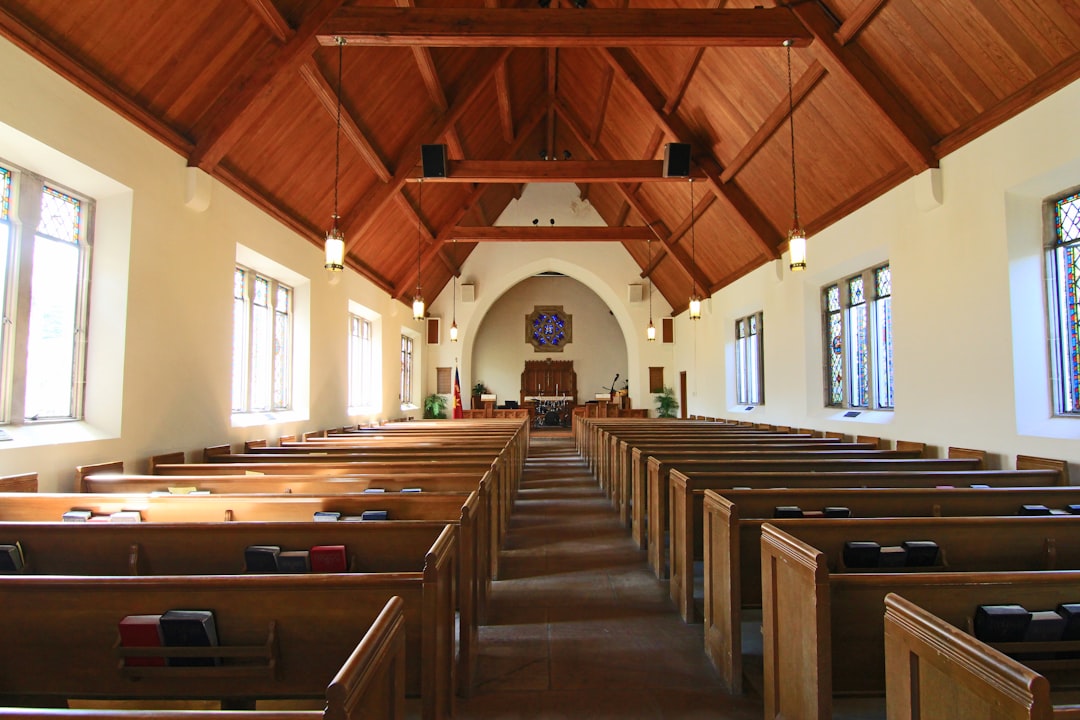Clergy abuse victims in Pittsburgh, PA, find specialized support through clergy abuse attorneys who offer tailored legal representation. These professionals guide survivors through complex laws, ensure their rights are protected, and provide sensitive handling for healing. Connecting with a supportive community and consulting these attorneys facilitates closure, justice, and emotional well-being for affected individuals.
“In Pittsburgh, Pennsylvania, survivors of clergy abuse face unique challenges. This intimate city, with its rich history, also hosts a community in need of specialized legal support. Understanding and addressing clergy abuse is crucial, as it can have profound, lasting impacts on victims’ lives.
This article explores the vital role that legal services play in helping survivors navigate their options. We provide insights into finding qualified clergy abuse attorneys in Pittsburgh PA, offering a roadmap for those seeking justice and healing.”
Understanding Clergy Abuse and Its Impact

Clergy abuse is a sensitive and complex issue that often leaves survivors with deep emotional scars. It refers to any form of harm or exploitation committed by members of the clergy, including religious leaders, priests, pastors, or other spiritual authorities, against individuals within their care or congregation. This can manifest in various ways, such as sexual misconduct, emotional manipulation, or neglect, and its effects can be devastating for victims. Many survivors struggle with feelings of shame, guilt, and isolation, which can make it challenging to come forward and seek justice.
In Pittsburgh, PA, those who have experienced clergy abuse find support through specialized legal services. Clergy abuse attorneys in this city are equipped to handle the unique challenges faced by survivors, offering guidance and representation tailored to their needs. These professionals help victims navigate the complexities of filing lawsuits, understanding their rights, and seeking appropriate remedies while ensuring their privacy and sensitivity is maintained throughout the process. With dedicated legal support, survivors can take steps towards healing and justice.
The Role of Legal Services for Survivors in Pittsburgh

In Pittsburgh, access to specialized legal services plays a pivotal role in supporting survivors of clergy abuse. Survivors often face unique challenges when navigating the legal system due to the sensitive nature of their experiences. Here, clergy abuse attorneys in Pittsburgh PA are trained to handle these complex cases with utmost care and discretion. They provide crucial guidance, ensuring that survivors’ rights are protected while they seek justice and healing.
These legal services extend beyond merely filing lawsuits; they encompass counseling, mediation, and advocacy. Clergy abuse attorneys work closely with survivors to understand their unique circumstances and offer tailored solutions. Whether it’s negotiating settlements or representing clients in court, these professionals fight for the rights of survivors to find closure and accountability while addressing the profound emotional and psychological impacts of clerical abuse.
Finding Support: Steps to Take After Disclosing Abuse

After disclosing clergy abuse, it’s crucial to take steps that foster healing and support. The first step is to connect with a trusted community or support group where you can share your experiences and receive emotional backing. Pittsburgh offers several resources for survivors of clerical abuse, including local support groups and counseling services. Engaging with these networks can help alleviate the burden of trauma and provide a sense of belonging.
Next, consider reaching out to clergy abuse attorneys in Pittsburgh, PA. These legal professionals specialize in assisting survivors navigate complex legal matters related to their abuse. They can offer guidance on potential legal avenues, such as civil lawsuits or formal complaints against abusive clergy members or institutions. Having an advocate on your side can ensure your rights are protected and provide closure through justice.





